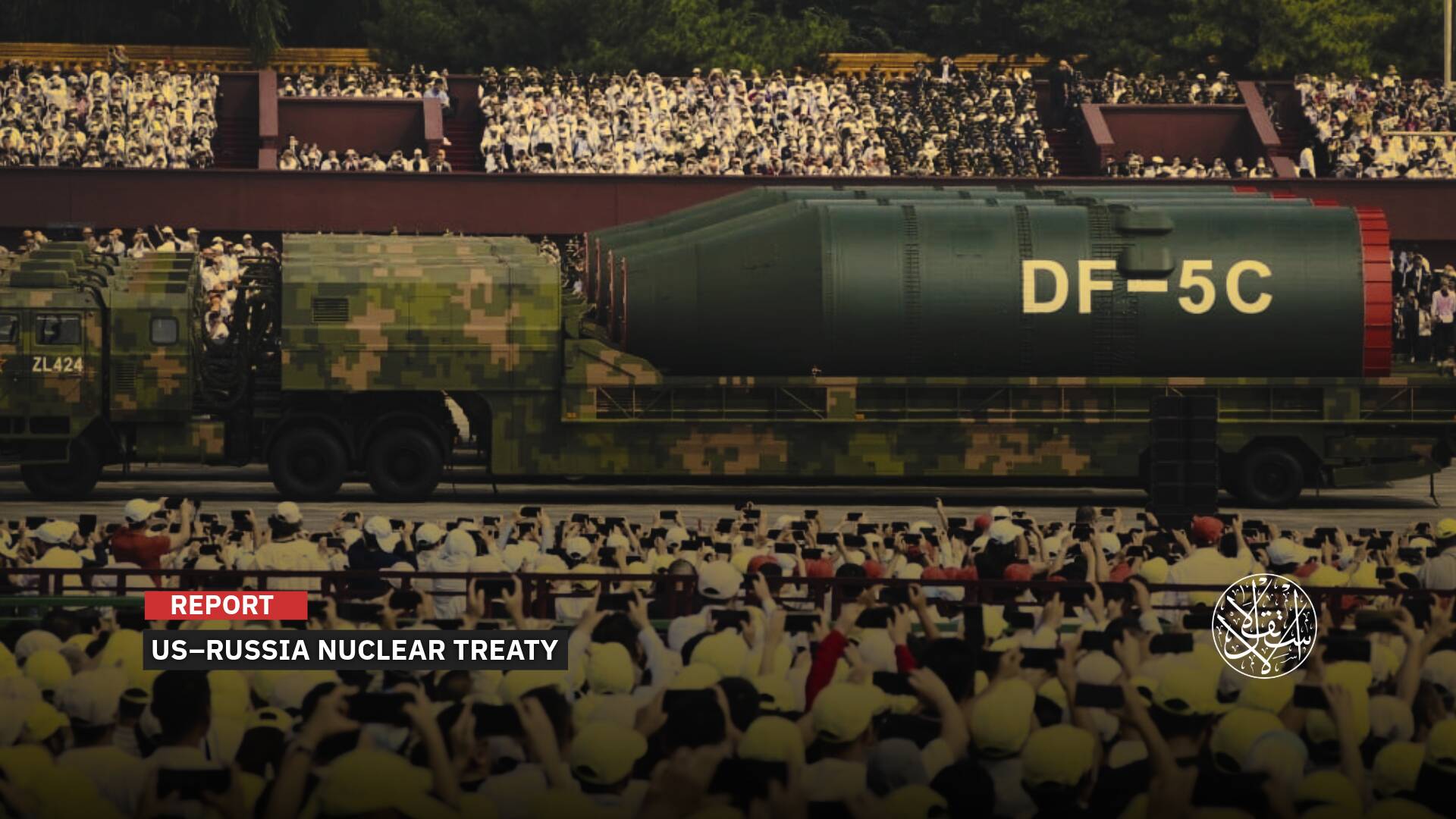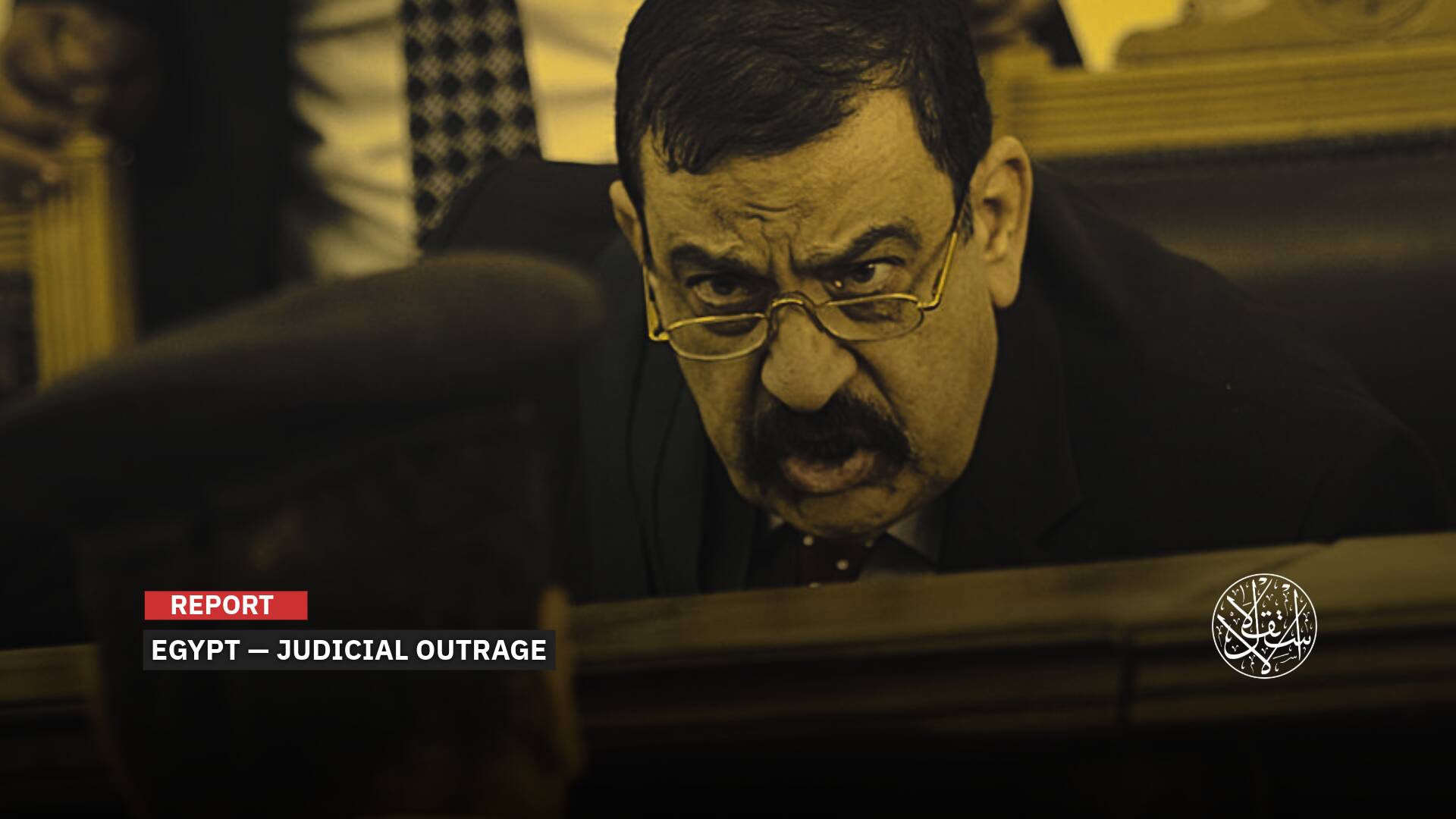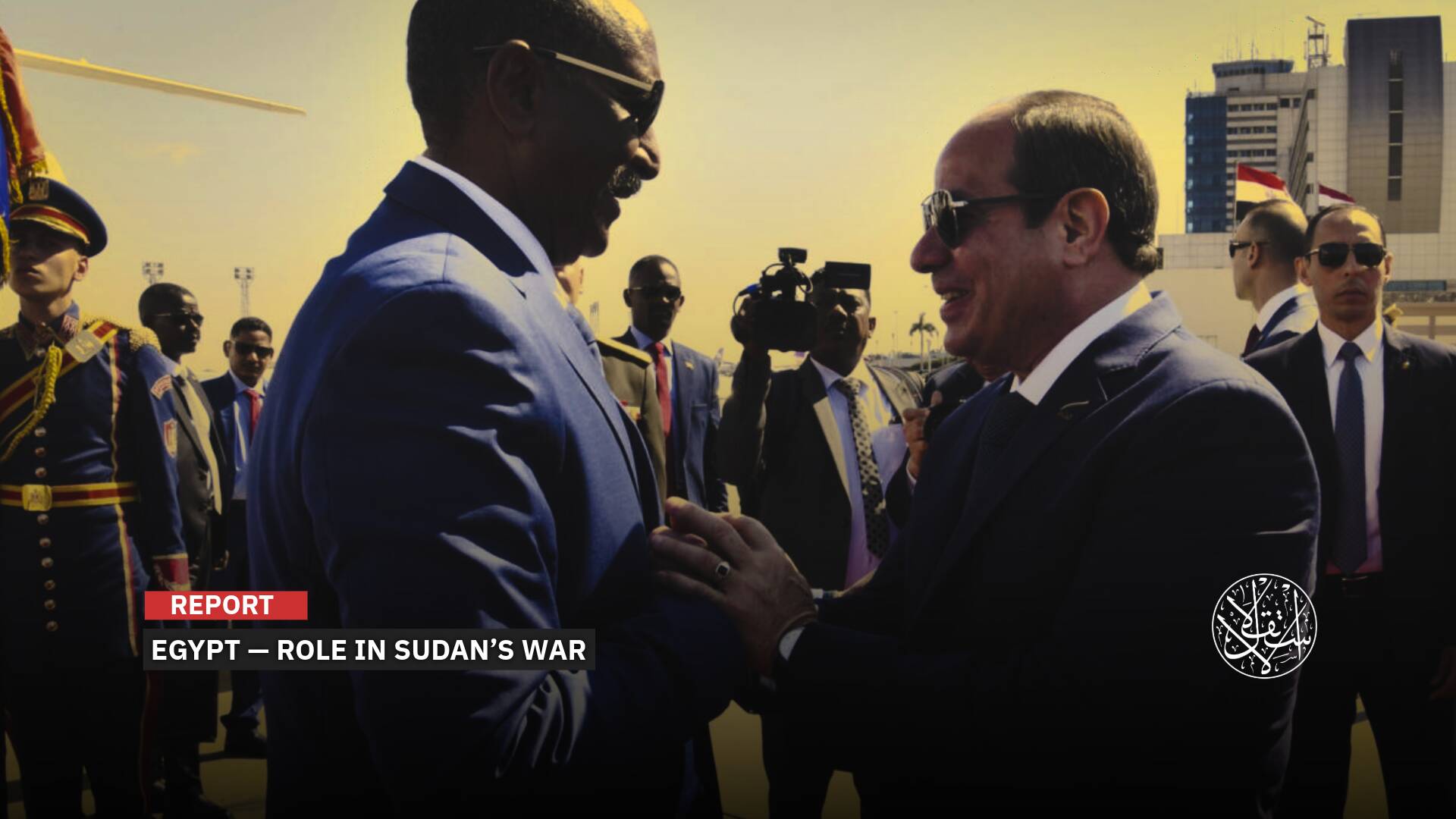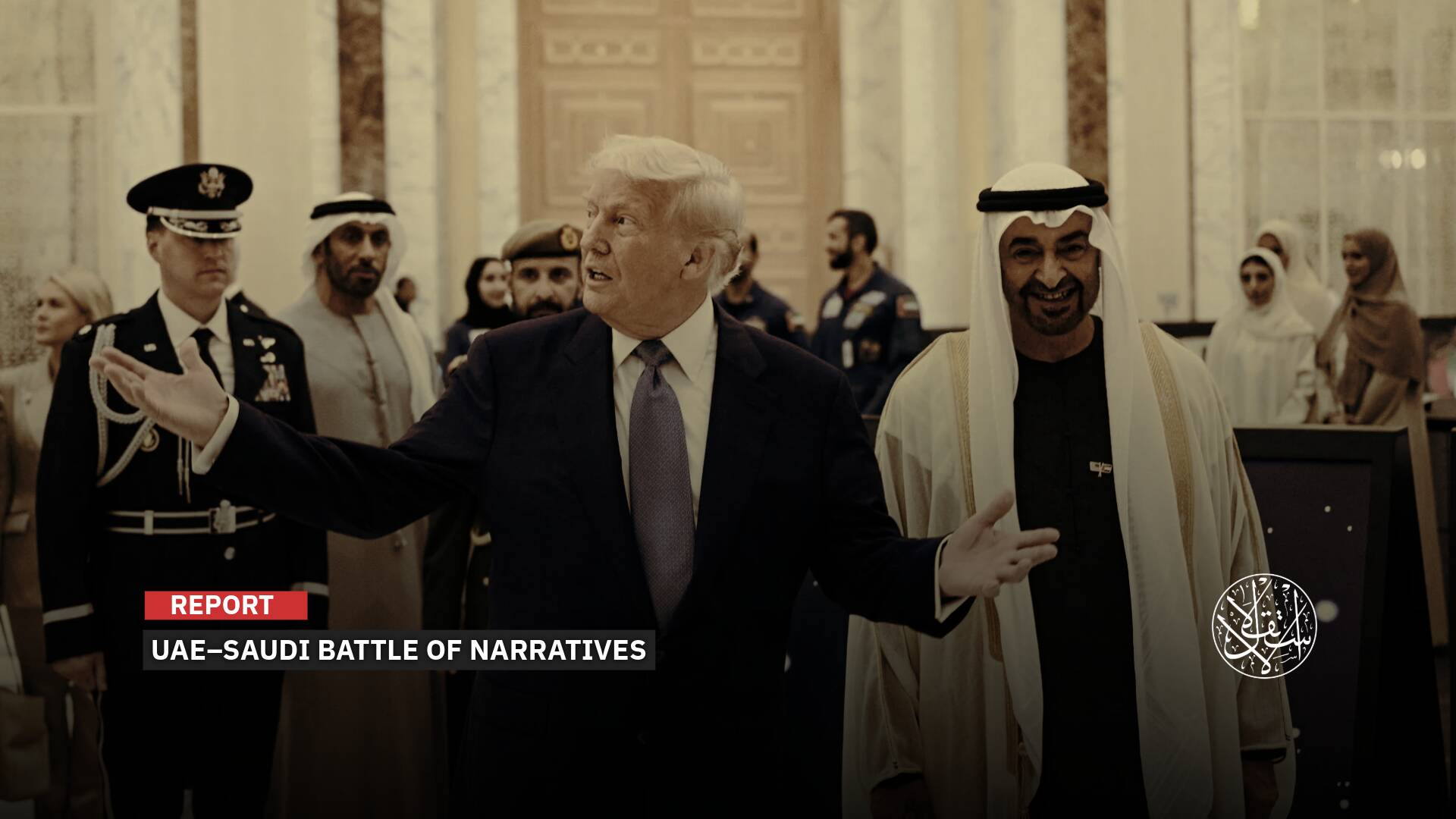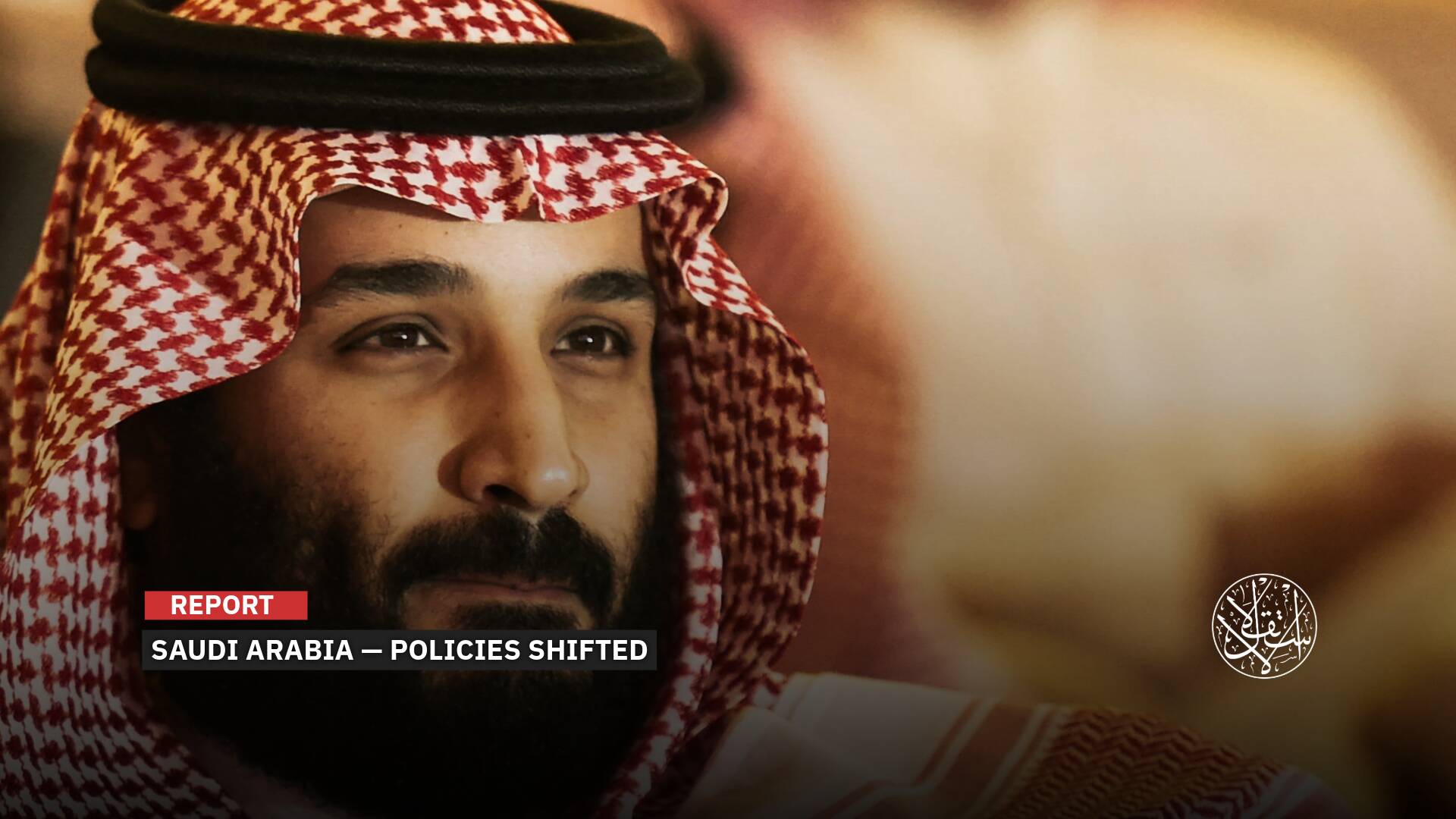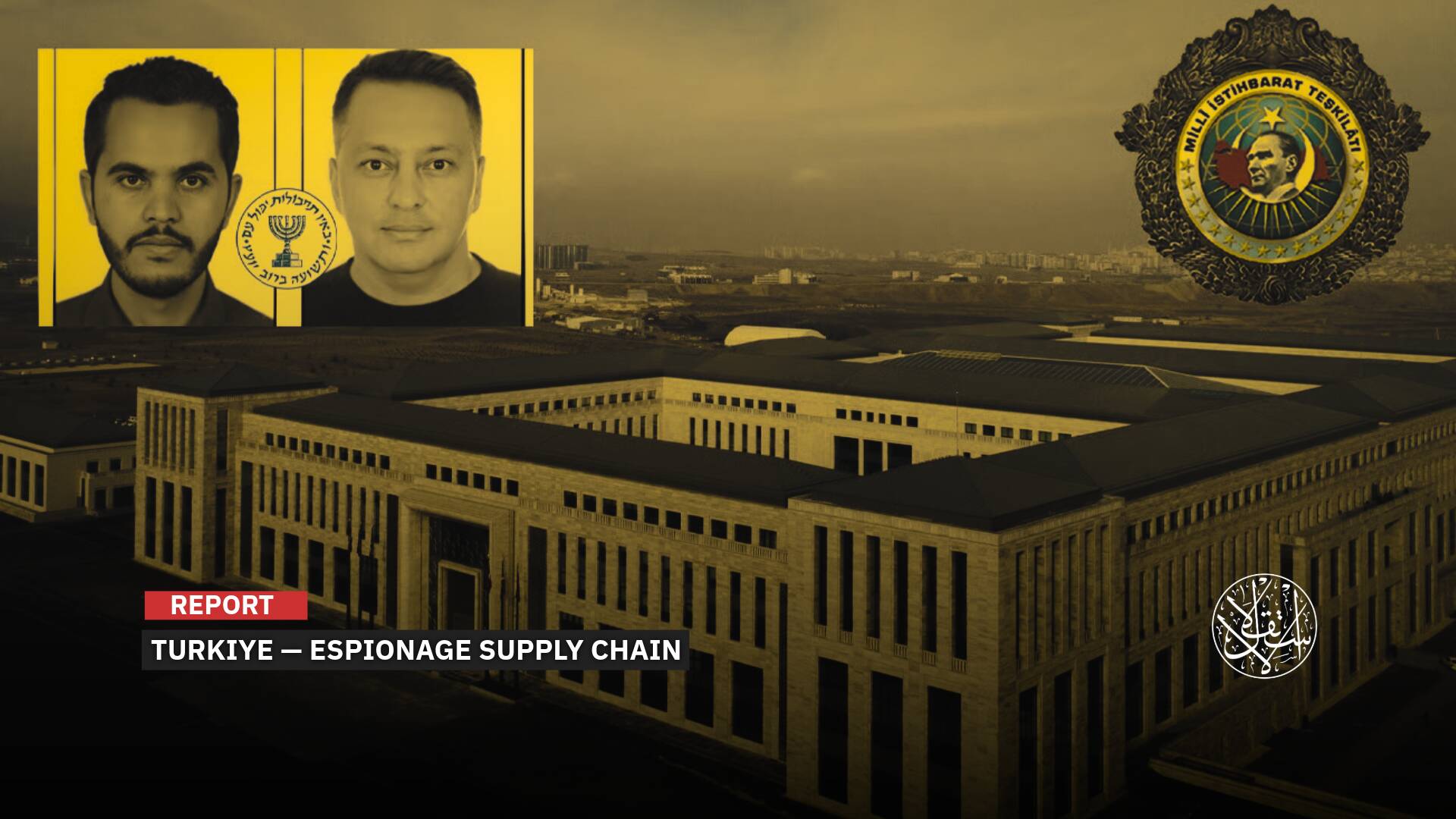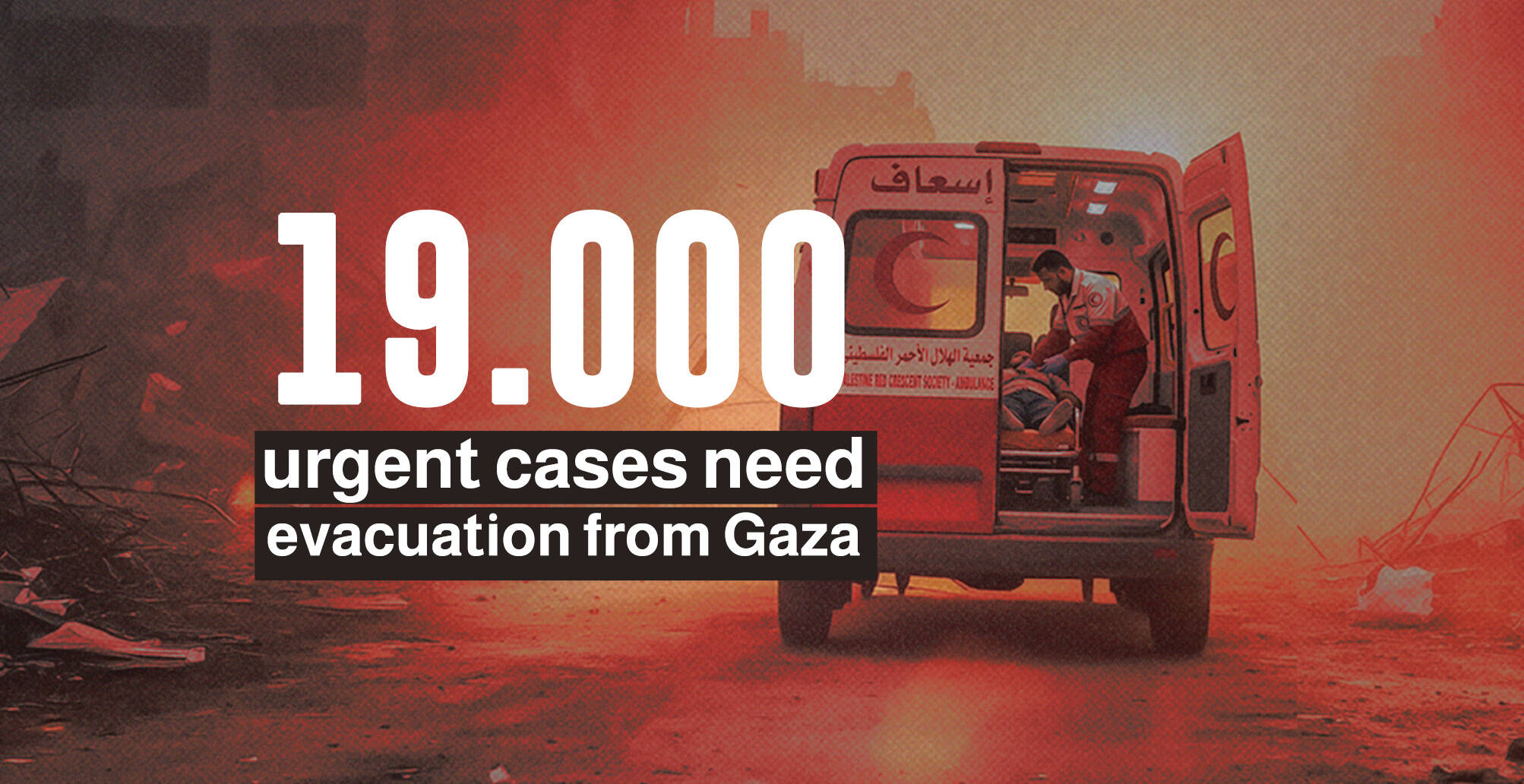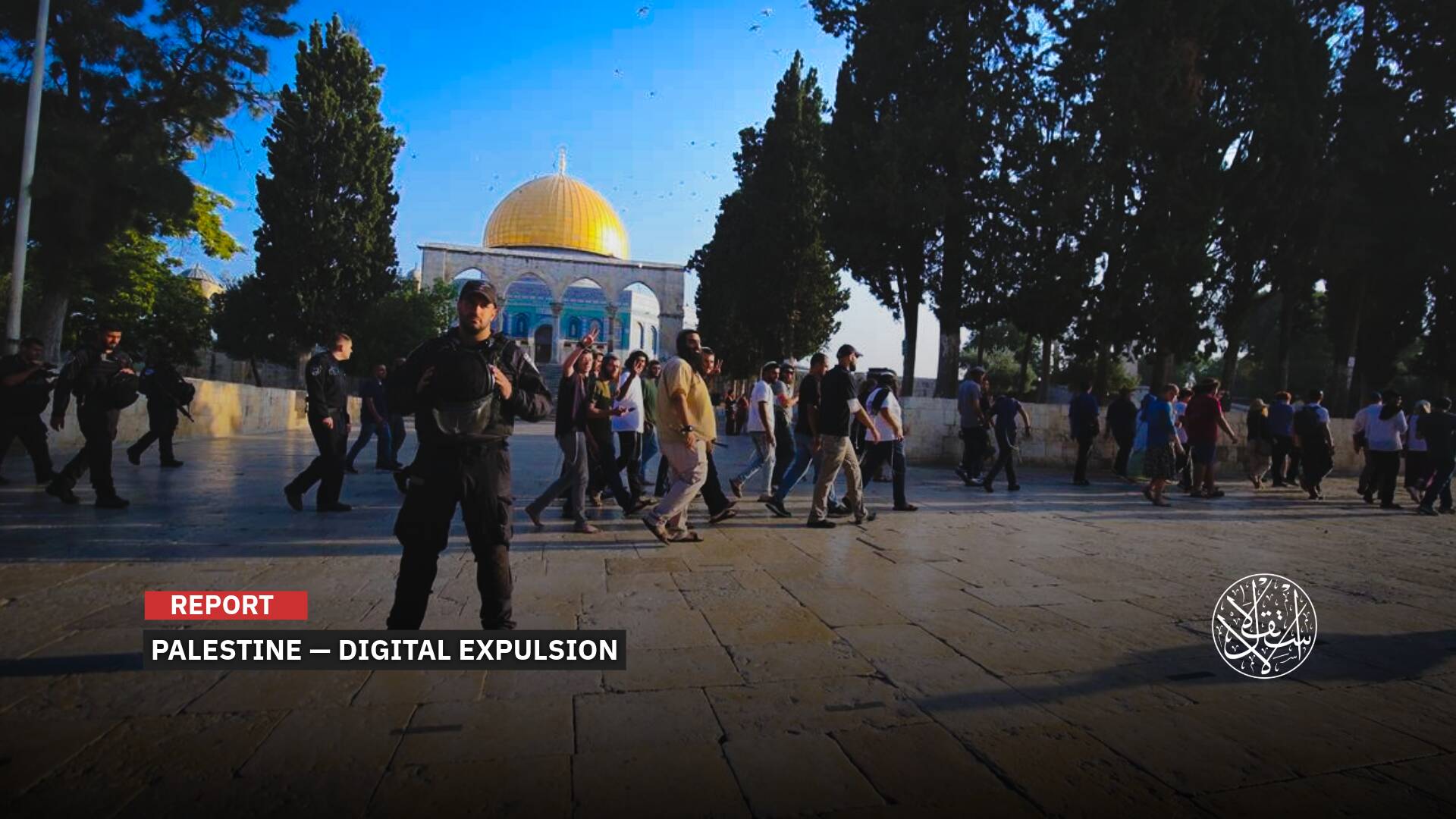Why Iraq's PMF Is Targeting Kurdistan's Oil Fields
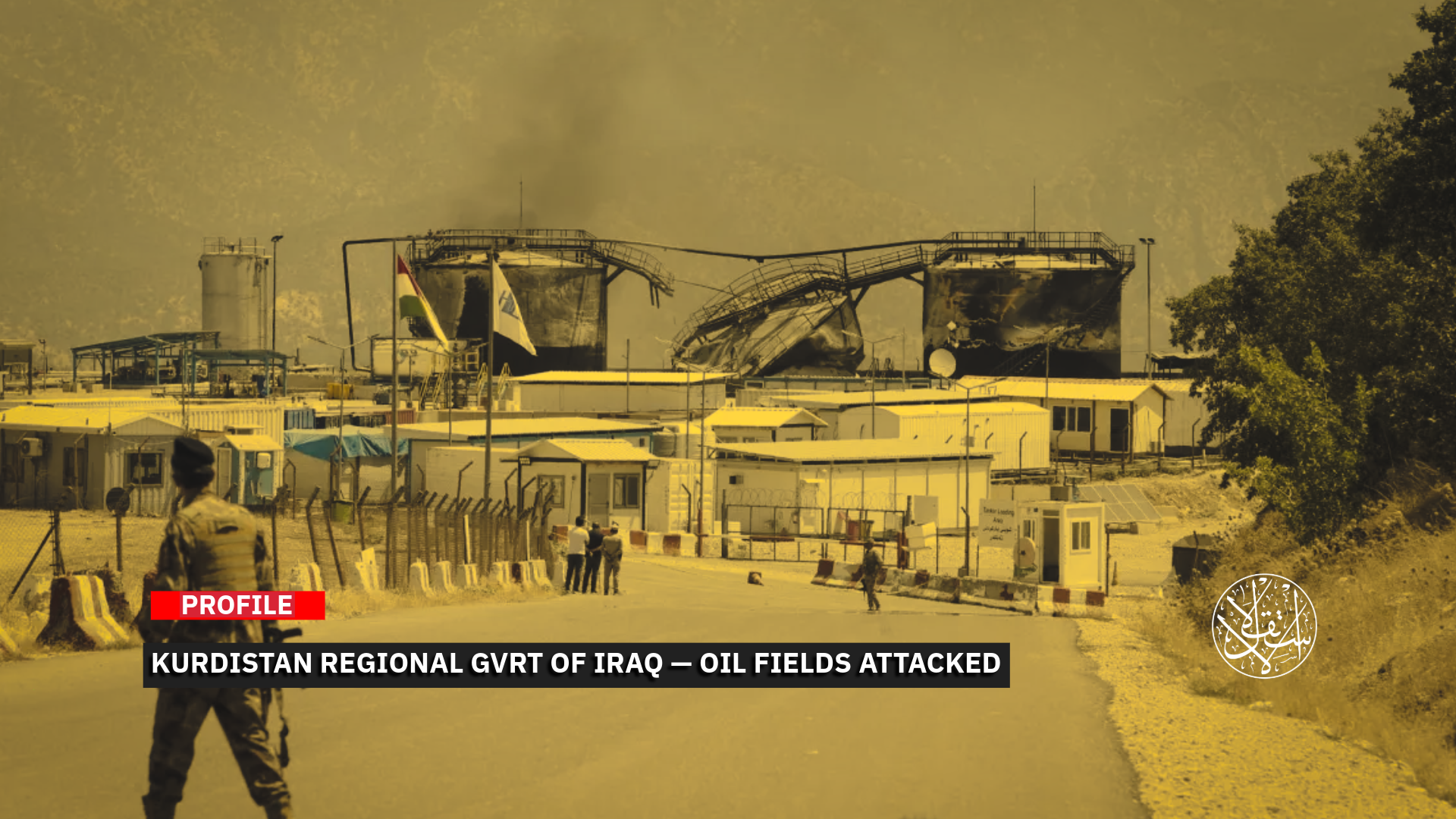
“The perpetrators behind the drone attacks are well-known and clearly identified — these kinds of assaults aren’t new.”
Since early July 2025, Iraq’s Kurdistan region has come under an unprecedented wave of attacks by armed drones and rockets targeting airports and oil fields, amid rising tensions between Erbil and Baghdad over a financial dispute that has halted the region’s public-sector salaries.
While no group has officially claimed responsibility, Kurdish authorities have accused militias linked to the Popular Mobilization Forces (PMF) of carrying out the attacks, and criticized Baghdad for what they described as “covering up and evading responsibility” for the security violations targeting the region's infrastructure.
The federal government in Baghdad, however, rejected Erbil’s accusations against the PMF.
“The statement issued by the Ministry of Interior of the Kurdistan Regional Government of Iraq, accusing an official Iraqi security institution, is categorically rejected, condemned, and entirely unacceptable under any pretext, particularly as it was made in the absence of evidence.”
“We call for any such evidence, if it exists, to be submitted to the relevant federal authorities,” it added.
Ongoing Attacks
Although the Kurdistan Region of Iraq has occasionally faced drone strikes in past years, the current wave of attacks stands out for its intensity and frequency, occurring almost daily since July 2. The latest incident targeted the Tawke and Peshkabir oil fields in Duhok province on July 16.
Between July 2 and 16, the region's cities—Erbil, Duhok, and Sulaymaniyah—were hit by 17 separate attacks. These included three strikes on Erbil International Airport, a hit on the Khurmala oil field in the same province, and an attack on the Sarsang field in Duhok.
On July 2, the headquarters of the Kurdish Peshmerga’s 70th Force in Tasluja, Sulaymaniyah, was struck by two drones in what Kurdistan authorities condemned as “a criminal act targeting Iraq’s sovereignty and the safety of its citizens.”
On July 16, the Kurdistan Region’s Ministry of Natural Resources reported that a bomb-laden drone targeted the American-operated Hunt Oil field in Bahadre, Duhok province, for the second time in just a few days.
In a strong statement, the ministry described the attacks as “terrorist acts” and called on the federal government and the international community to intervene urgently to protect the region’s infrastructure and energy facilities, and to prevent further attacks.
The statement added that drone strikes in recent days had hit oil facilities in Khurmala, Sarsang, Faysh khabur, and Ain Sifni—within the provinces of Erbil and Duhok and the Zakho autonomous administration—causing significant material damage and negatively affecting oil production.
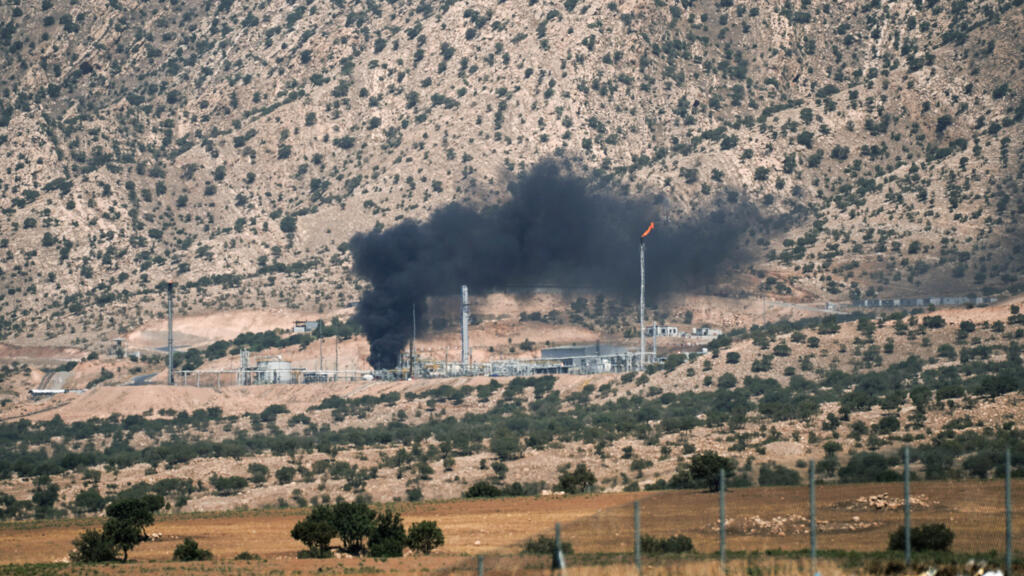
The ministry concluded by stressing that it is the federal government’s responsibility to protect vital infrastructure in the Kurdistan Region and to put an end to these repeated assaults.
The U.S. Embassy in Iraq also issued a statement on July 16 expressing anger over the drone attacks and urging the Iraqi government to investigate and assert its authority to stop these armed attacks.
“The United States strongly condemns the drone attacks that have been targeting oil fields in the Iraqi Kurdistan Region since July 14,” the statement said.
“These attacks imperil Iraq’s stability and economic future. The Government of Iraq has a duty to protect its territory and all of its citizens.”
“These strikes target international companies that are working with Iraq to invest in Iraq’s future. The United States remains committed to our partners across Iraq who are working to build a stable, federal, and sovereign state,” it added.
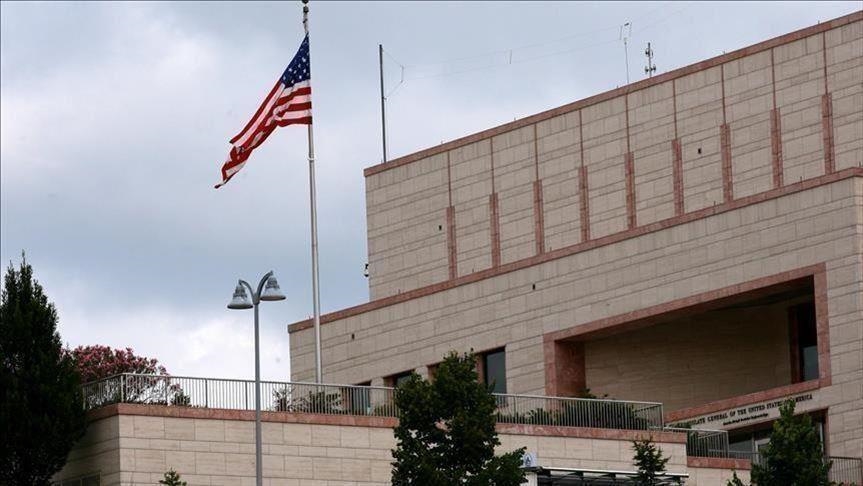
Thwarting Reconciliation
Regarding those behind the attacks on the Kurdistan Region, political analyst Yassin Aziz from Iraqi Kurdistan said the drone operators are known and exposed, noting that while this style of attack is not new, the current wave is different because it specifically targets oil facilities.
“A simple look at the geography from which these armed drones are launched reveals the involvement of groups or militias that benefit from official cover,” Aziz told Al-Estiklal.
“These attacks are directly linked to efforts to prevent any rapprochement or improved relations between Erbil and Baghdad; the attacking parties enjoy political backing in Iraq to maintain instability and tensions between the Kurdistan Region and the federal government.”
Aziz emphasized that these forces serve regional agendas that do not want security and stability in Iraq, aiming instead to keep the country under their influence to use it as leverage—whether political or economic.
On the Kurdistan Region’s options to confront the attacks, the analyst said their main course of action is to pressure the federal government and its security and military institutions to identify and decisively deal with those responsible.
“The region should also request support from the international coalition, including the provision of air defense systems, to prevent repeated and escalating attacks that intensify when there is no strong response,” Aziz said.
Meanwhile, Kurdish leader and former Iraqi Foreign Minister Hoshyar Zebari accused Iran-backed militias of launching the attacks amid the ongoing salary crisis in the region, calling the assaults “blatant aggression from state-breaker forces.”
Tensions between Erbil and Baghdad have escalated due to Baghdad’s suspension of public-sector salaries in Kurdistan since May 2025, linked to the Kurdistan Regional Government’s failure to transfer oil revenues—estimated at about 280,000 barrels per day.
On July 16, the Iraqi newspaper Azzaman reported that Baghdad and Erbil reached an official agreement to end the crisis, with Baghdad agreeing to provide the region a fixed financial share in exchange for the commitment to supply part of its oil exports and local revenues to the federal treasury.
The agreement reportedly includes transferring 240 billion Iraqi dinars (with 1,400 dinars equal to 1 USD) for May and June revenues—120 billion per month—along with delivering 230,000 barrels of oil daily to Baghdad, in return for paying Kurdistan’s employees’ salaries for those months.
The Kurdistan Regional Government will begin actual procedures to hand over local border revenue and the agreed oil quantity as part of implementing the new deal.
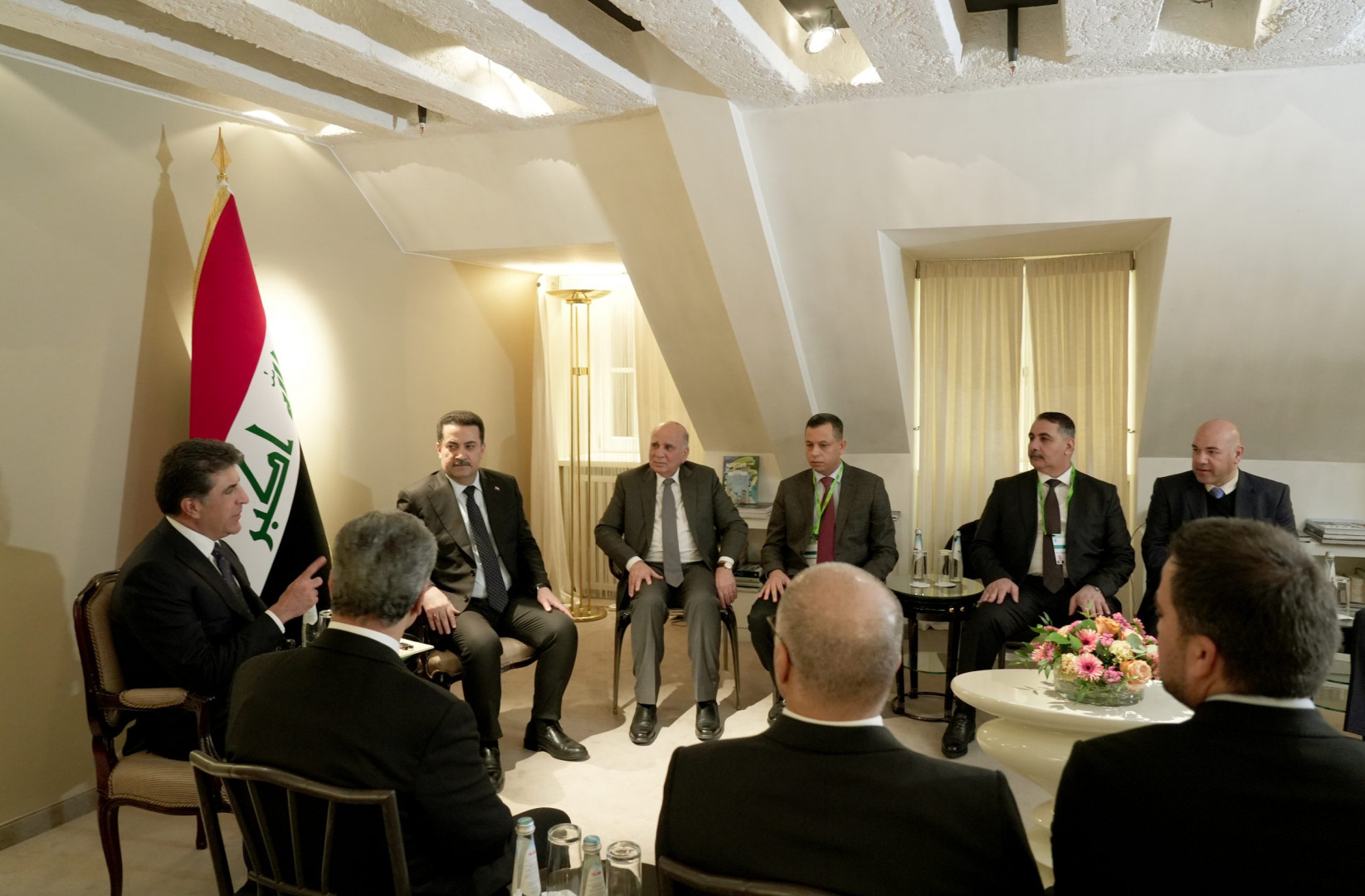
Political Attacks
Iraqi writer and researcher Firas Elias said “the drone attacks on vital and oil sites in the Kurdistan Region carry a political dimension amid the escalating crisis between Baghdad and Erbil over several issues, primarily the salaries of employees in the region.”
“The drone attacks come as Erbil threatens to possibly withdraw from the political process, worsening tensions with Baghdad and making it harder to resolve issues—especially those related to oil and employee salaries,” Elias told the Iraqi news site Waradana on July 15.
“Every time Erbil ramps up pressure on Baghdad, these attacks seem to intensify. There appear to be efforts in Baghdad to curb any political moves by the region that could work in its favor—especially with visible U.S. backing, as shown by the active role of Chargé d’Affaires Stephen Fagan.”
“The response from the Kurdish leadership—particularly in Erbil—could shape whether the drone attacks continue or subside, with clear signs that the factions behind them are using Iranian-made drones,” he added.
On July 13, the office of Kurdistan Democratic Party leader Masoud Barzani announced giving the federal government in Baghdad a “final chance” to resolve the issue of Kurdistan Region employees’ salaries. Observers considered this a clear threat of Kurdish forces withdrawing from the Iraqi government and parliament.
Economic expert Rashid al-Saadi warned of the serious threat posed by the continued targeting of oil fields in the Kurdistan Region, describing it as a “very serious economic threat,” according to the Iraqi agency Aljeebal on July 16.
“The ongoing attacks on Kurdistan’s oil rights pose a direct threat to the stability of the entire Iraqi economy because the region is an essential part of Iraq’s oil system and contributes effectively to total production and oil exports.”
“Undermining Kurdistan’s oil rights damages the investment environment, disrupts foreign partnership deals, and erodes confidence in Iraq’s economy—ultimately cutting into the country’s overall revenue,” al-Saadi added.
“These policies deepen internal divisions and create local economic crises, threatening overall stability in the country. The continuous targeting of Kurdistan’s constitutional oil rights is not just a legal or political dispute.”
Al-Saadi emphasized that “targeting the region disrupts energy markets, exposes existing international contracts to legal risks and costly compensations, and destabilizes Kurdistan’s revenues, warning of financial and social crises and threatening project and service halts, which could lead to economic tensions extending to other provinces.”
“Backtracking on export commitments and weakening the investment climate harms Iraq’s credibility with global companies and risks pushing the country toward economic isolation—just when stable revenues and foreign investment are most needed.”
Sources
- Drone Attacks on Oil Fields in Iraqi Kurdistan for the Third Consecutive Day [Arabic]
- Kurdistan’s Ministry of Natural Resources Demands Urgent Intervention After Targeting of "Hunt Oil" Field [Arabic]
- Drone Attacks on Kurdistan: Political Pressure or Direct Assault on the Economic Infrastructure? [Arabic]
- New Attack on Kurdistan Oil Fields Fuels Crisis Between Erbil and Baghdad [Arabic]
- Expert Warns Targeting Kurdistan Oil Fields Poses Serious Economic Threat to Iraq [Arabic]
- The Kurdistan Democratic Union Condemns Attack on Peshmerga Headquarters in Sulaymaniyah [Arabic]
- Agreement Between Baghdad and Erbil Moves Forward After Resolving Salary and Oil Revenue Disputes [Arabic]
- Washington Angry Over Drone Attacks on Key Sites in Iraq [Arabic]
- Barzani Gives Baghdad a “Final Chance” to Resolve Employee Salary Issue [Arabic]


